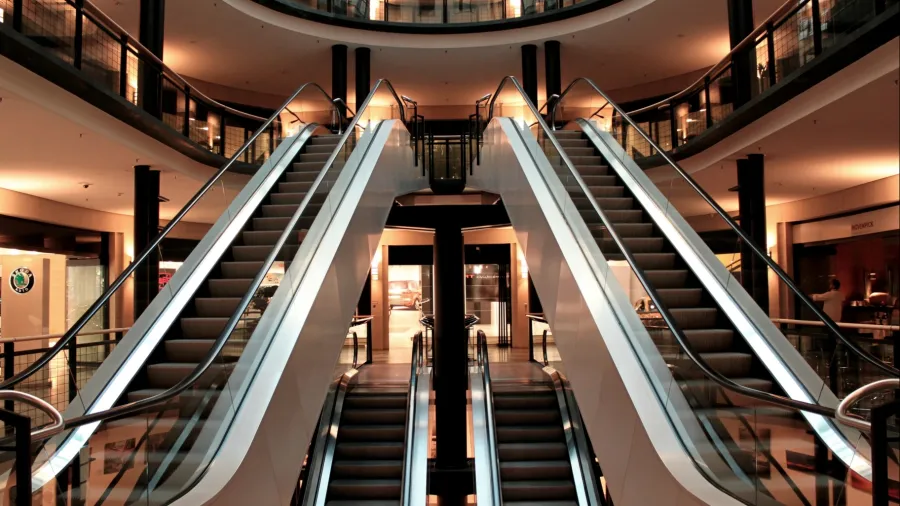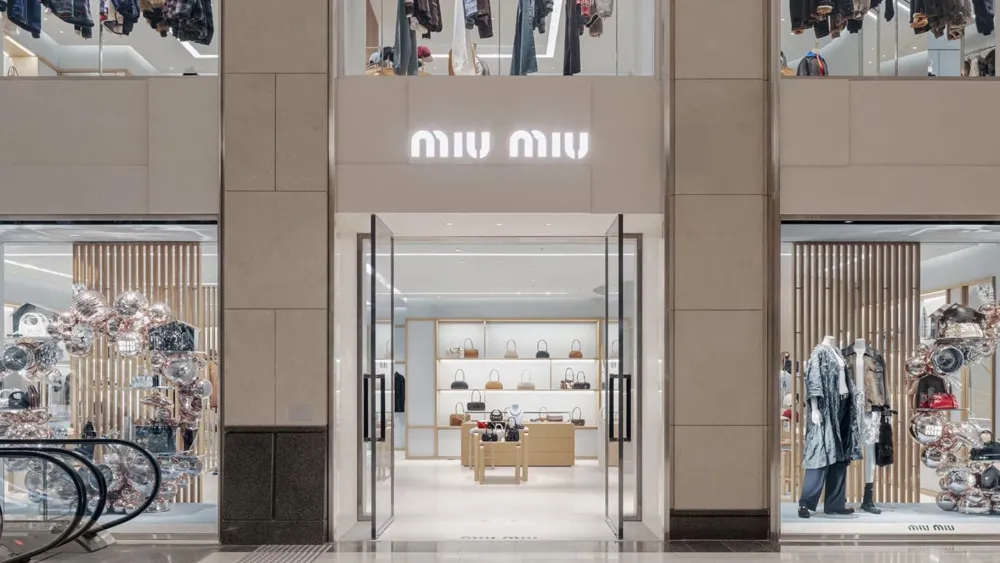
South Korea’s retail sales grow by 9.7% in July
This is due to the increase in outdoor activities.
Retail sales in South Korea posted a 9.7% growth in July, as customers now spend more time outdoors, according to data from the Ministry of Trade, Industry and Energy.
In a statement, the ministry said offline and online sales increased by 12.1% and 7.3%, respectively, during the period.
Brick-and-mortar stores’ sales went up led by fashion and sporting goods as outdoor activities increased. Kids/sporting goods led the increase with a 41.6% growth, followed by fashion/miscellaneous (32.4%), and foreign designer brands (29.1%), whilst sales of home appliances/culture dipped by 7.8%.
Hypermarket chains inched up by 0.2% with a 12.5% growth in miscellaneous goods, and an 11.9% rise in clothing, but this was offset by sales of home appliances/culture which were down by 7.8% and home/living goods by 0.7%.
READ MORE: Korea retail sales rise 9.3% in H1 2022
Department store chains saw a 31.6% surge in sales due to the rising number of visitors, with purchases increasing by 34.5%. Convenience stores also saw a 10.4% increase in sales due to the rise in the number of users as school and work commute goes back to normal.
On the other hand, overall sales in super supermarkets declined by 3.6% as most categories saw a drop such as daily necessities (6.7%) and agro-fishery/livestock products (5.7%), except for processed food products which climbed by 0.5%.
Online sales, meanwhile, continued to grow, increasing by 7.3% also due to the return of outdoor activities. The growth is led by cosmetics (14%), food products (14.7%), and services (20.4%), which include performances and leisure product reservations. Sales of home appliances, sporting goods, kids/babies. And books/stationery declined.
A total of 25 major retailers were surveyed for the monthly retail sales figures, 13 of which were physical retailers, including three department store chains, three hypermarket chains, three convenience store chains, and four super supermarket operators. The rest were online retailers, the ministry said.



















 Advertise
Advertise






